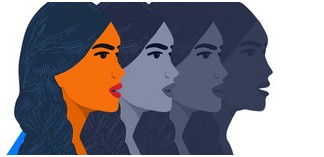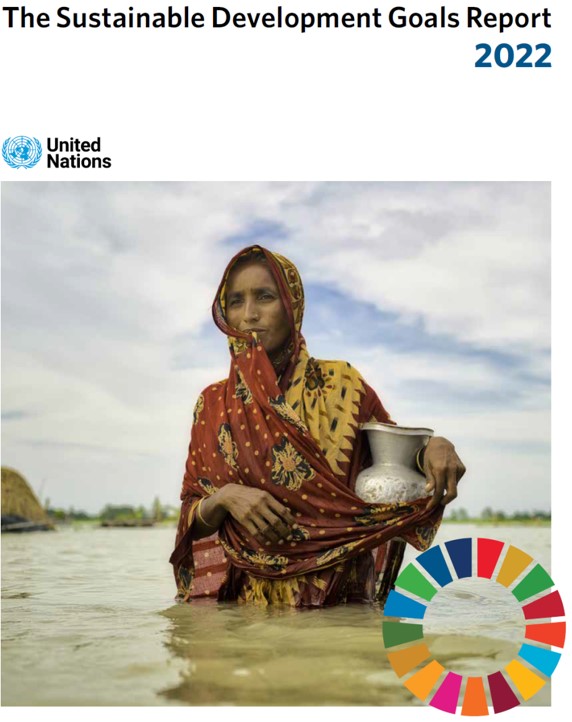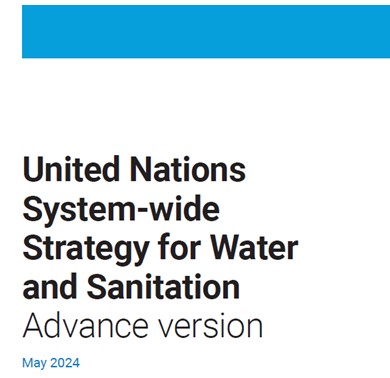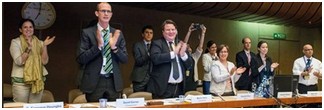Feminist Reflections on Sexual Exploitation & Abuse in the Aid Sector
Извор: WUNRN – 01.09.2020

August 19, 2020 – Mendy Marsh, VOICE – Sarah McCook and Emma Fulu, The Equality Institute, Melbourne, Australia
While sexual exploitation and abuse (SEA) in the aid sector have been the focus of numerous assessments, reviews and investigations, the problem continues unabated. This article examines how notions of aid worker altruism, and a related patriarchal culture of saving face in aid agencies, characterize organizational and public responses to SEA. At all levels, including senior management, aid workers are often inclined to ignore or hide the problem—including their own perpetration and abuses of power—for the sake of protecting their agencies’ reputations and their own positions.
This emphasis on saving face and maintaining the status quo reinforces a culture of tolerance for perpetration and a climate of fear that silences victims. Inaction is obscured by a public faith in ‘altruistic aid’; the sector has not been held accountable for bad behavior, or for failing to pursue system-wide change.
Reflecting its colonial and missionary roots, the aid sector is imagined to be built upon the altruistic desire to help the ‘needy’ and ‘vulnerable’ (Redfield, 2008; Stirrat, 2008; Hirsch, 2018). This imagining provides a “mirage of morality” (Enria, 2018); there is an ongoing reluctance to acknowledge the inherent power structures through which that desire is operationalized (Fechter, 2012). In the context of SEA, this includes the gendered and unequal power that characterizes the aid sector. There are clear parallels with other faith-based systems and institutions, like the Catholic Church, where many people purposively join because of the power it affords them over others (Dale & Alpert, 2008). This ‘halo effect’ creates an environment ripe for the abuse of power with impunity (Duggan, 2016).
Efforts to address SEA within the United Nations (UN) system and beyond continue to be superficial in their intent, and fail to challenge the root causes (Karim & Beardsley, 2016; Mudgway, 2017). The UN’s zero tolerance stance and associated special measures on SEA do not acknowledge its gendered roots or systemic nature. Perpetrators are treated as “a few rotten apples” who have broken from their altruistic purpose (Elgebeily, 2016), and management often benefits from doing the bare minimum to respond. Organizational guidelines and SEA reporting structures do not reflect the complicity or direct involvement of senior managers. This maintains, rather than transforms, a patriarchal system that privileges male power and sexual entitlement. For example, Oxfam Great Britain’s internal report following allegations of the Country Director’s sexual misconduct in 2011 still praises his contribution to the organization and creates a pathway for his “dignified exit”, despite his failure to uphold Oxfam’s Code of Conduct and his unfavorable history (Oxfam GB, 2011). Indeed, he easily moved into another organization without the details of his resignation following him across the sector and up the ladder. Thus, SEA continues persistently within a self-perpetuating system that fails to create meaningful change, because it was never intended to.
Feminist analysis argues that patriarchy is a self-sustaining system. Across the aid sector, patriarchy works to conceal unequal power relations, and to discourage and undermine challenges to its structures and practices (Puechguirbal, 2015). Drawing on practice-based evidence, this article argues that the sector’s motivation to address SEA has been more related to reputational risk than to a genuine desire to address—or even to acknowledge—the drivers: patriarchy, gender inequality, and power imbalances inherent to the aid sector (Westendorf & Searle, 2017). Agencies are rarely seen to go beyond superficial responses or invest in proven prevention solutions, as this would require challenging their own privileged positions and recognizing their role in perpetuating SEA. It would also require significant investment in basic prevention-related actions—a marked departure from previous approaches.
We argue that SEA in the aid sector can be addressed if genuine accountability is pursued (Freedman, 2014), and human resources and financial investments are actively directed toward the concrete, yet systemic cultural shifts needed to make lasting change. We provide a preliminary framework for understanding and addressing drivers of SEA, as exist for other forms of gender-based violence, with a focus on the patriarchal aid system and its institutions. Women and girls must remain at the centre of our understandings and approaches to prevent SEA, and institutional change processes must be informed by survivors, feminist analysis and female technical experts working to prevent violence against women and girls (Goetz & Dore-Weeks, 2018).



